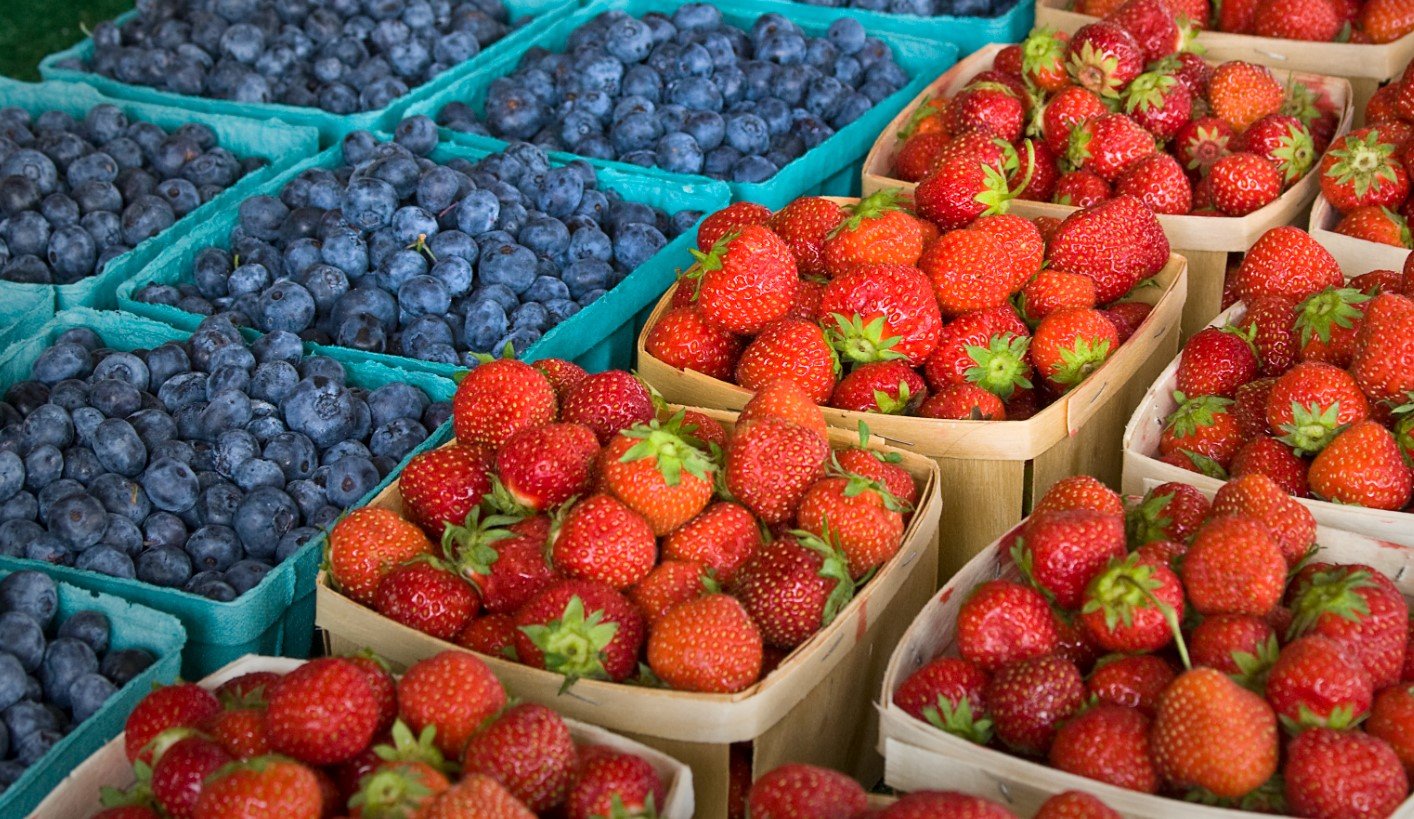Once again, blueberries and strawberries have made it to the notorious “Dirty Dozen” list, highlighting the ongoing concern over pesticide use on popular fruits. This list, published annually by the Environmental Working Group (EWG), ranks the fruits and vegetables with the highest levels of pesticide residues, raising awareness about the potential health risks associated with their consumption.
Understanding the “Dirty Dozen”
The “Dirty Dozen” list is a wake-up call for consumers who are increasingly concerned about the safety of their food. It serves as a reminder that despite the benefits of consuming fruits and vegetables, there are risks that come with pesticide exposure.
Pesticides, which are used in agriculture to control pests and diseases, can remain on produce even after washing and peeling. The EWG’s analysis found that strawberries and blueberries, along with other fruits like apples and nectarines, contain some of the highest levels of pesticide residues.

Health Implications of Pesticide Exposure
The health implications of pesticide exposure are significant and can range from acute poisoning to long-term effects such as cancer, hormone disruption, and reproductive issues. Children and pregnant women are particularly vulnerable to these risks.
Studies have linked pesticide exposure to a variety of health problems, including developmental delays in children and decreased fertility in adults. The presence of these chemicals on widely consumed fruits underscores the importance of understanding and mitigating the risks associated with pesticide use.
Navigating the Risks
Consumers looking to reduce their exposure to pesticides can opt for organic produce, which is grown without synthetic pesticides or fertilizers. Additionally, thoroughly washing and peeling fruits and vegetables can help minimize pesticide residues.
The EWG also publishes the “Clean Fifteen” list, which identifies produce with the lowest levels of pesticide residues. Items on this list, such as avocados and sweet corn, offer safer alternatives for those looking to limit their pesticide intake.







